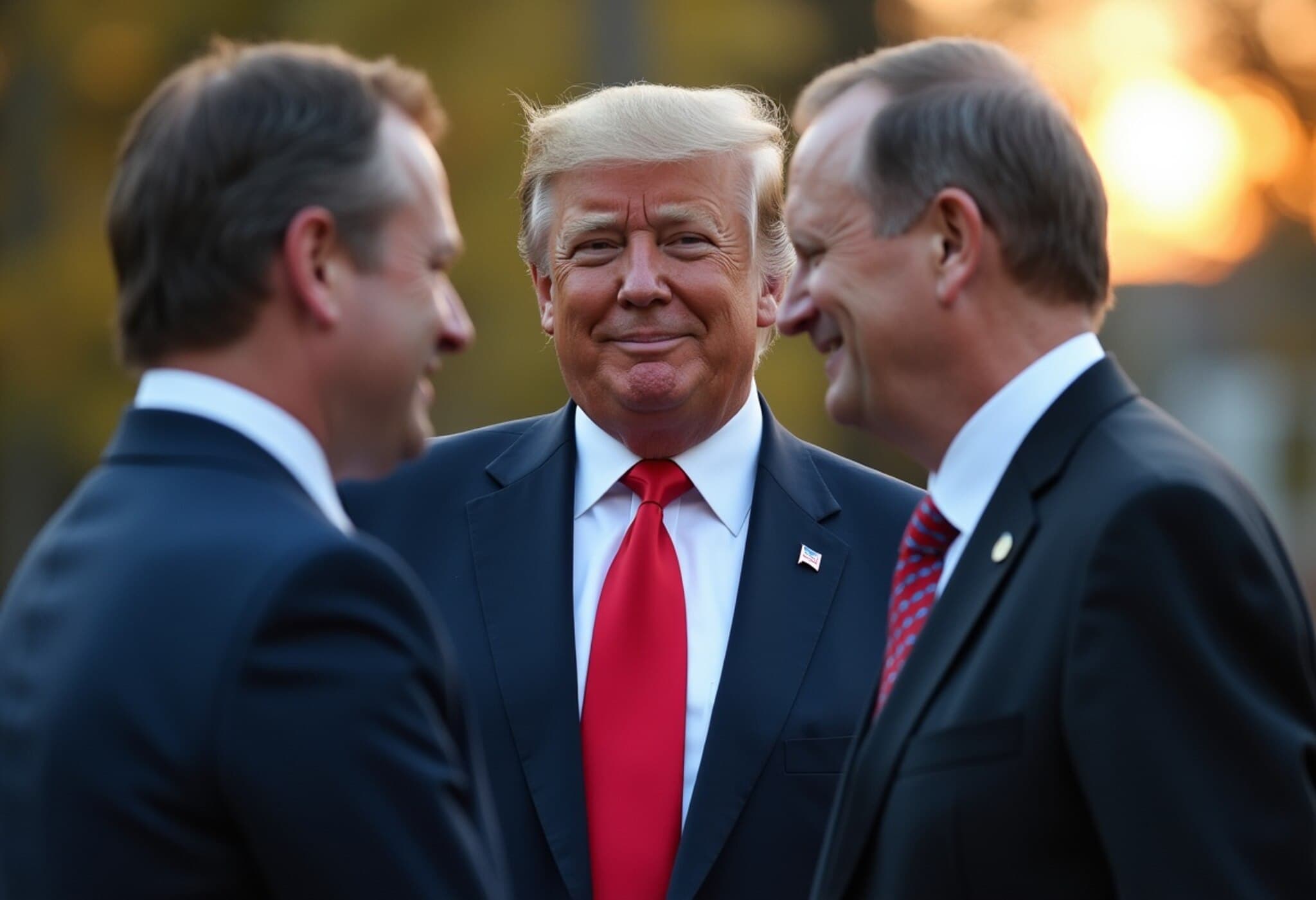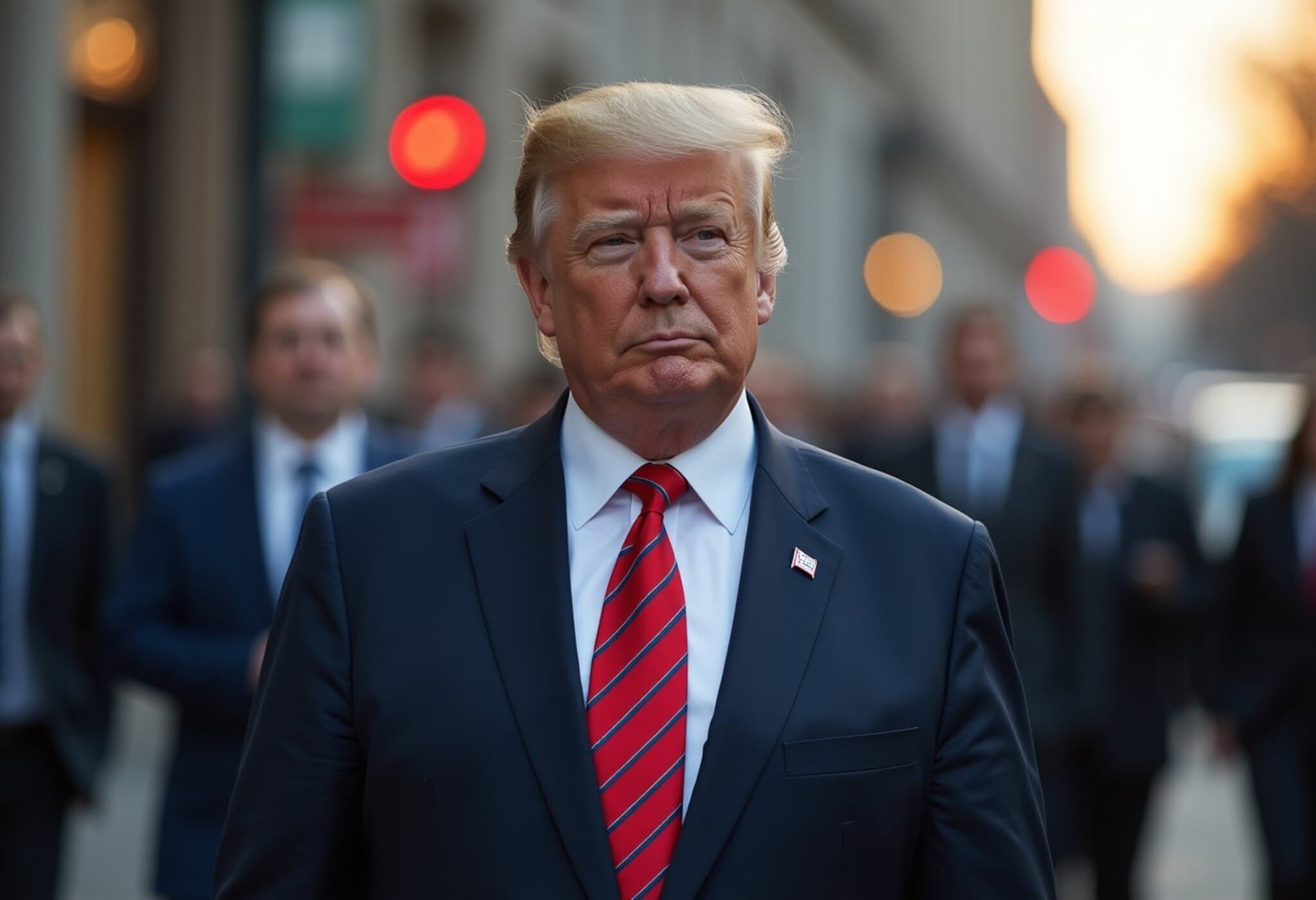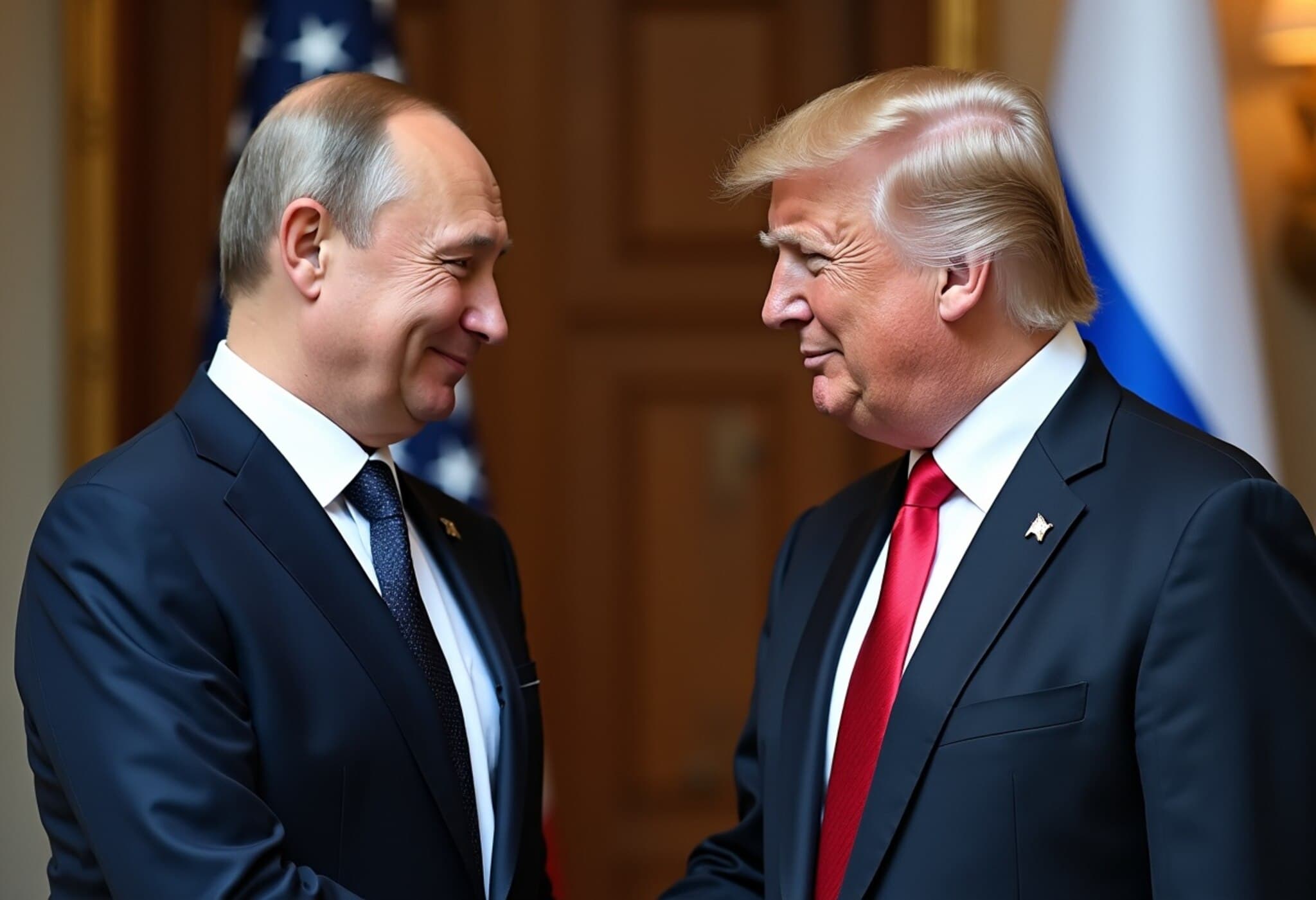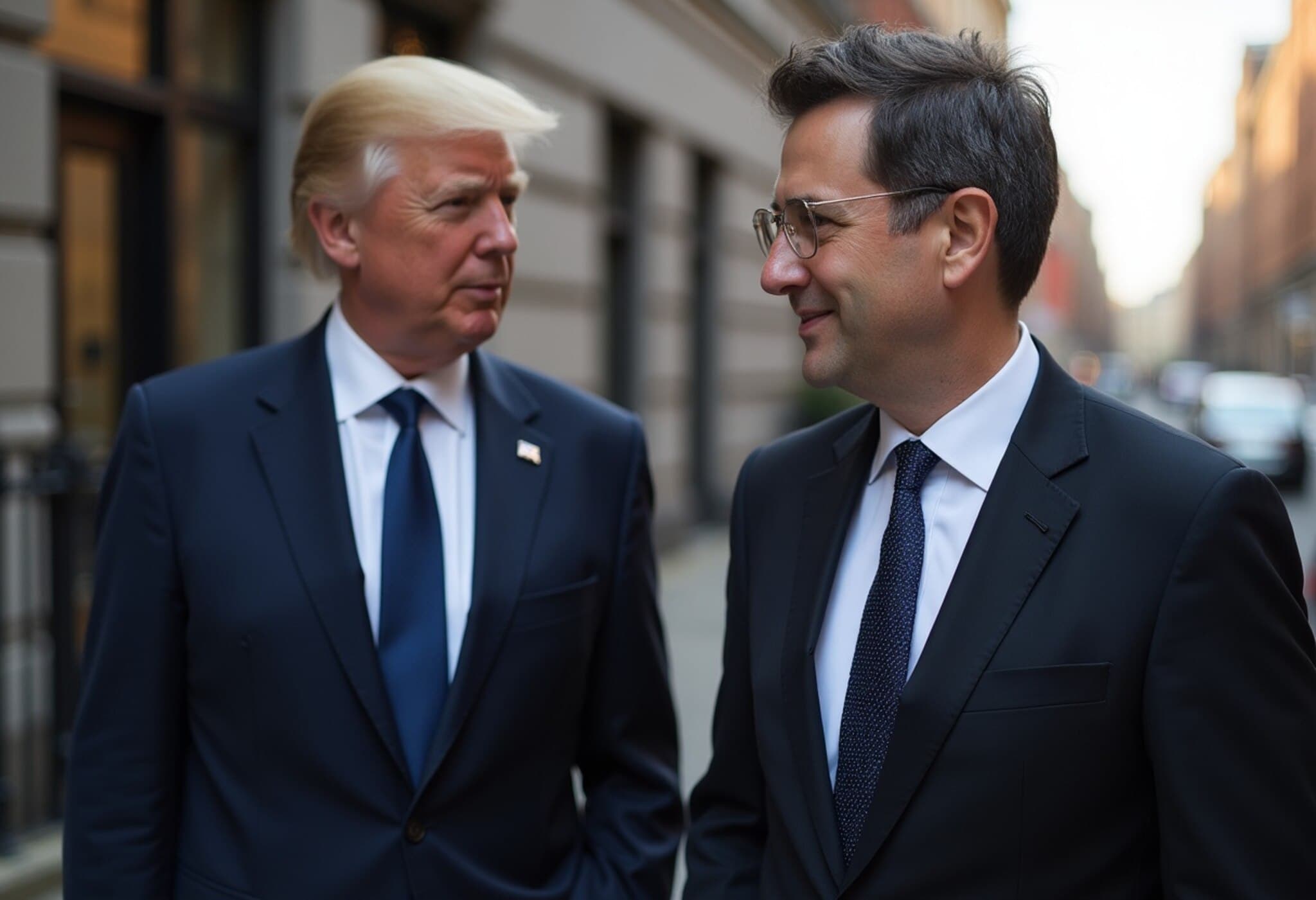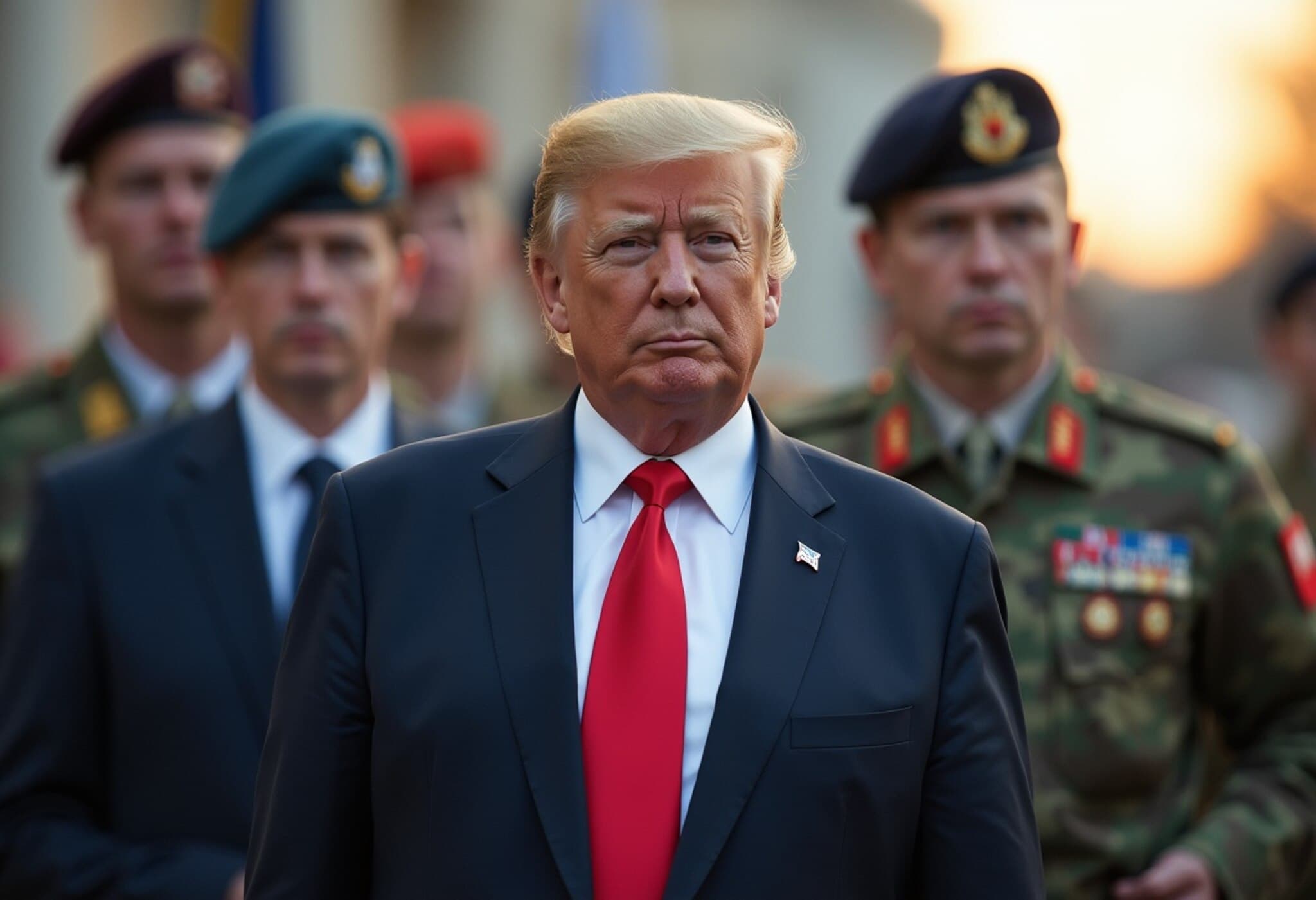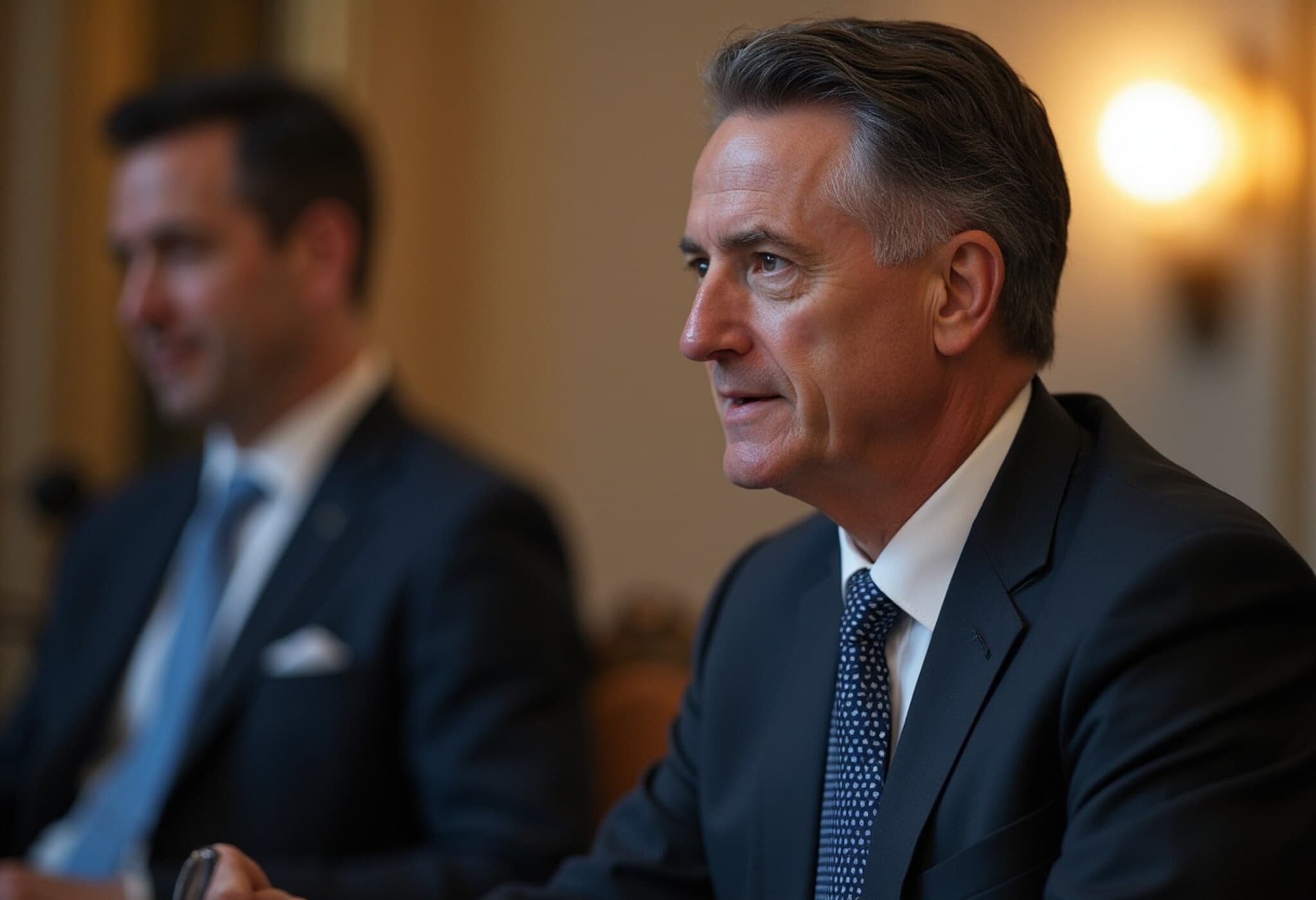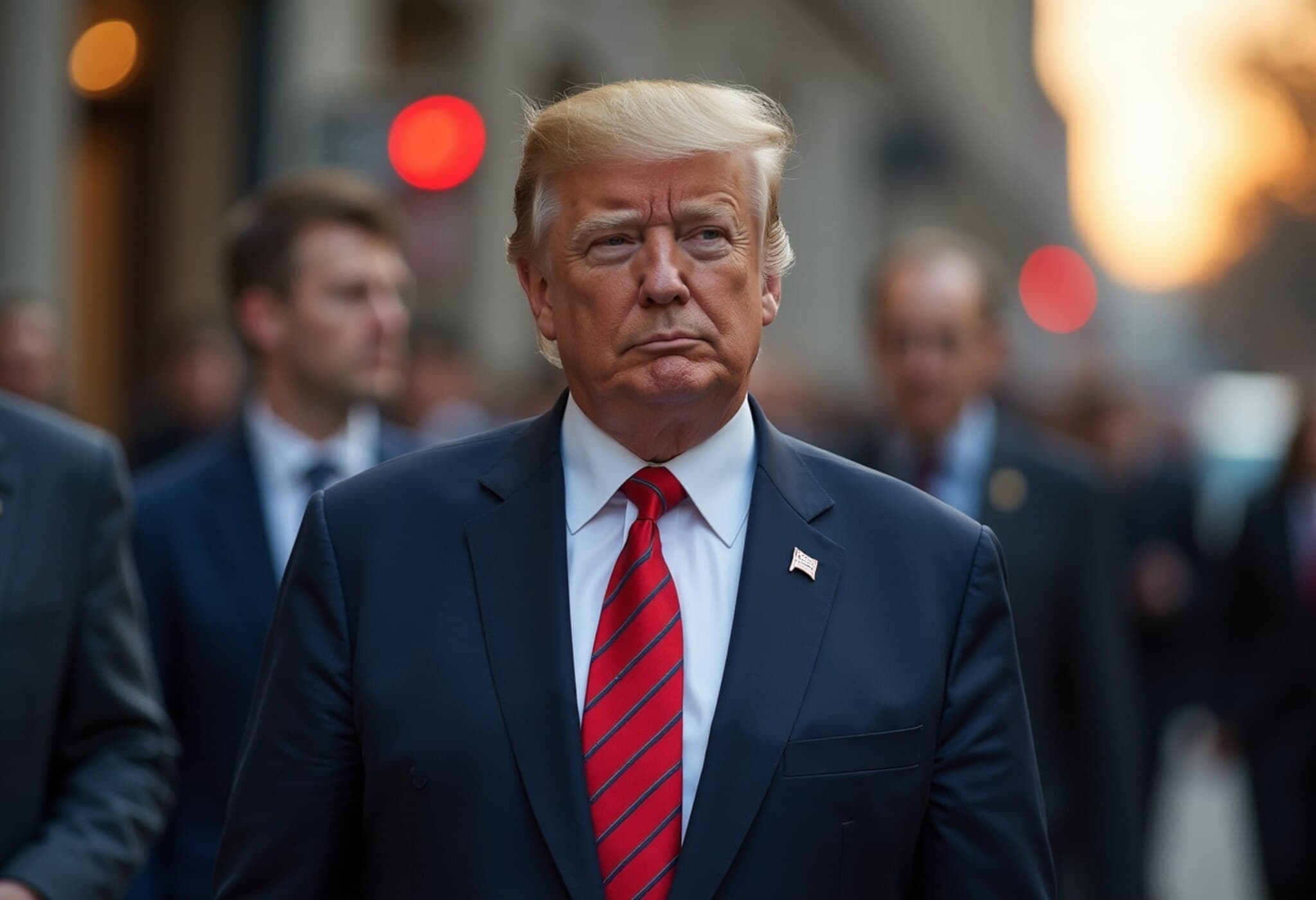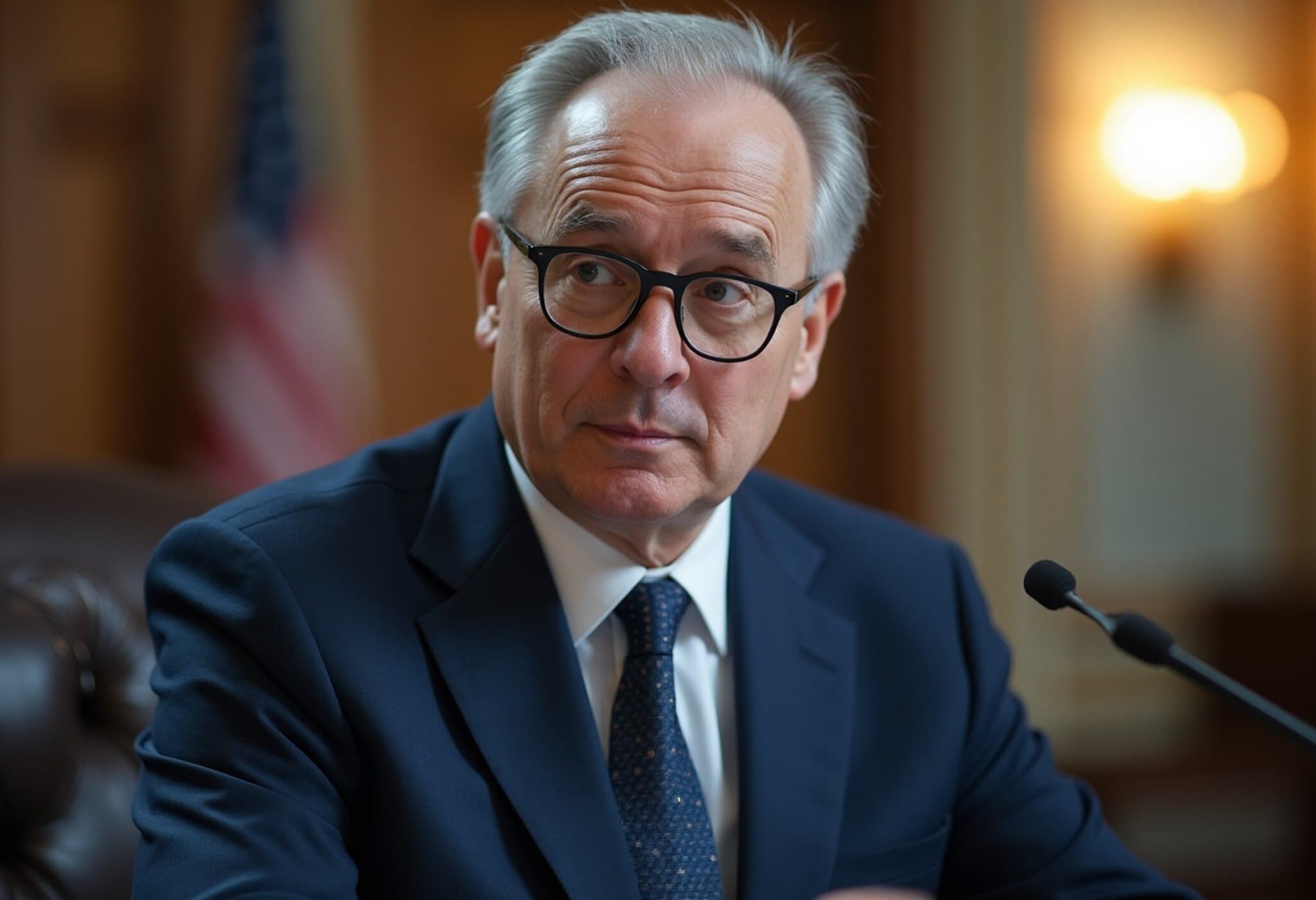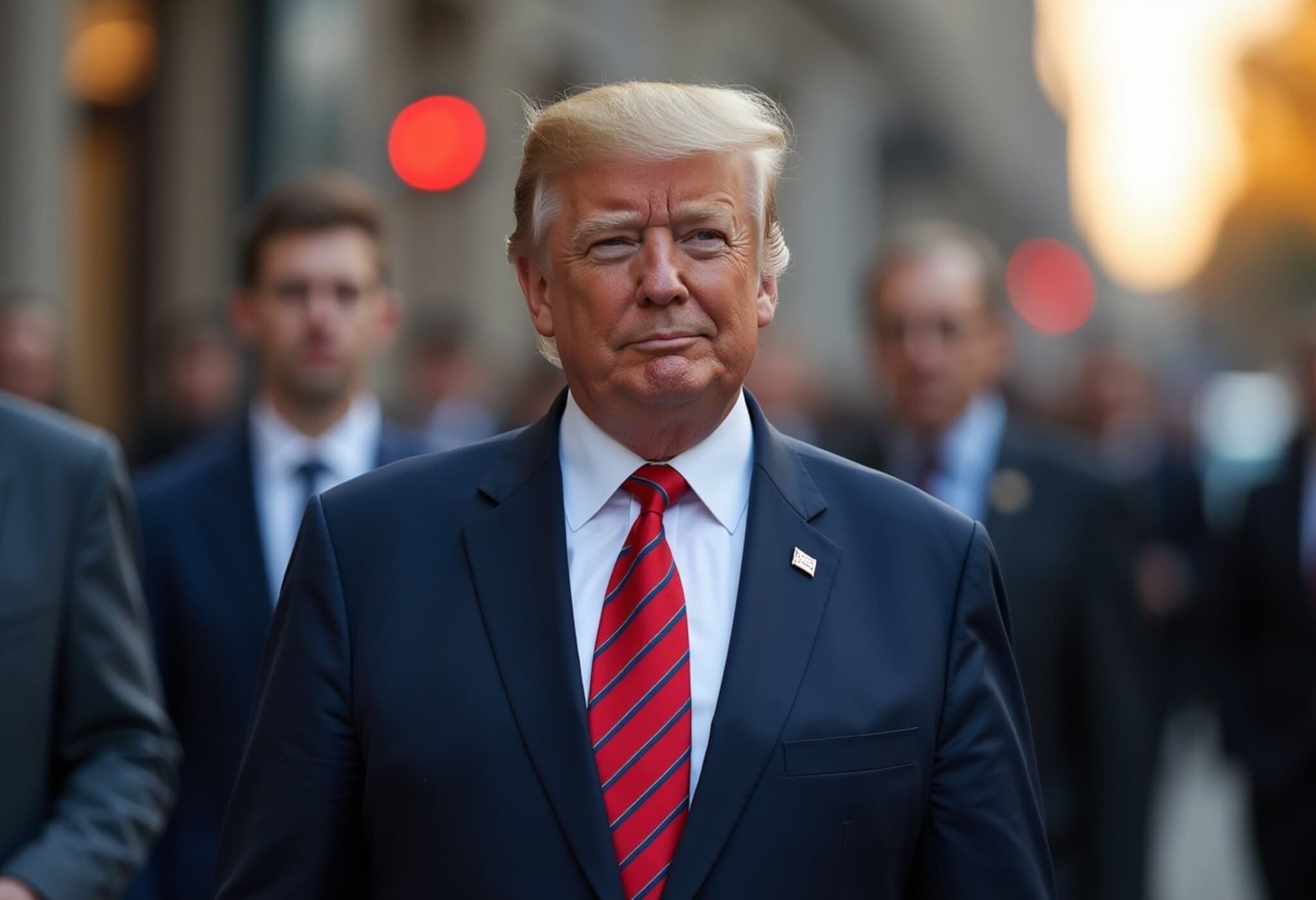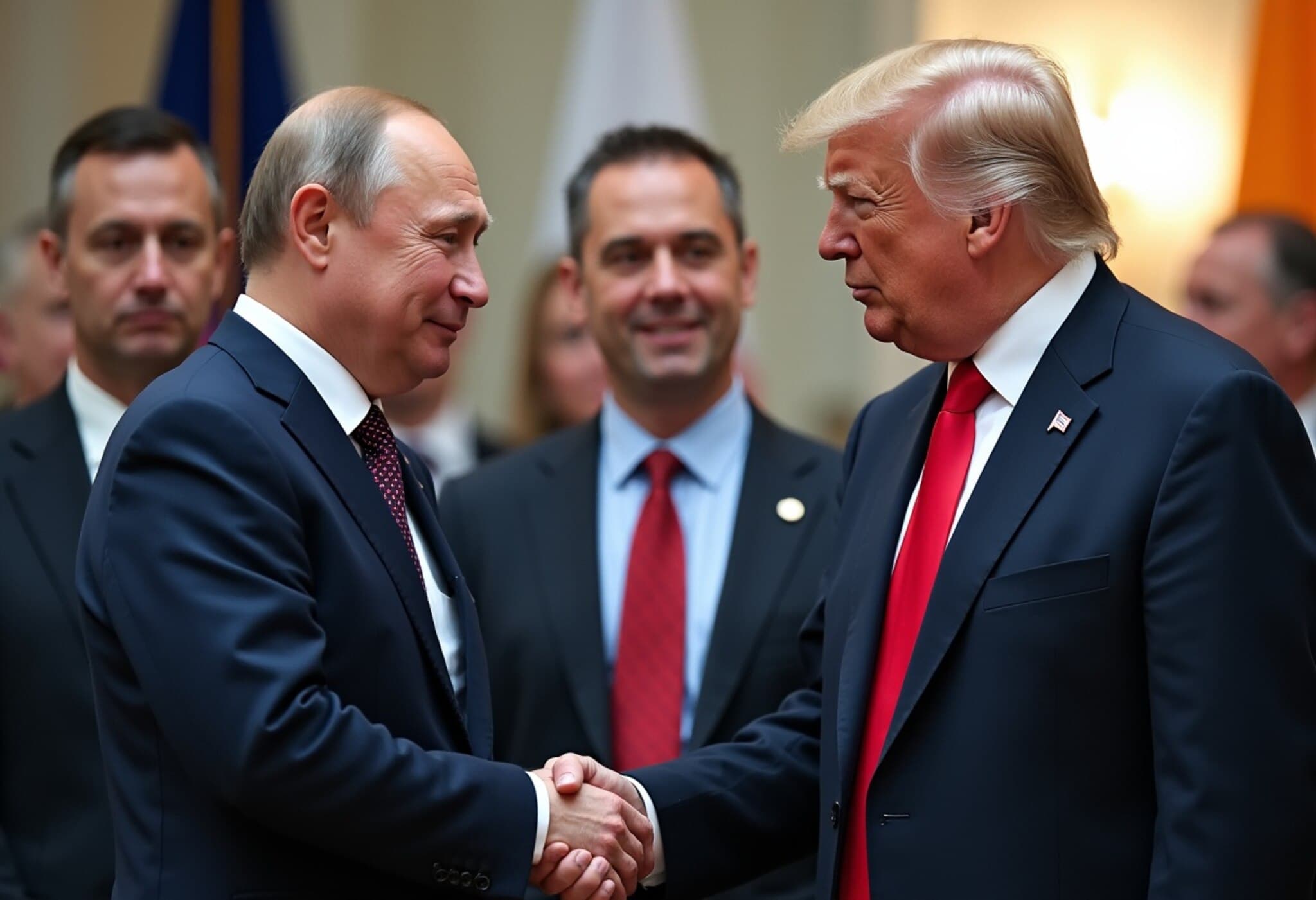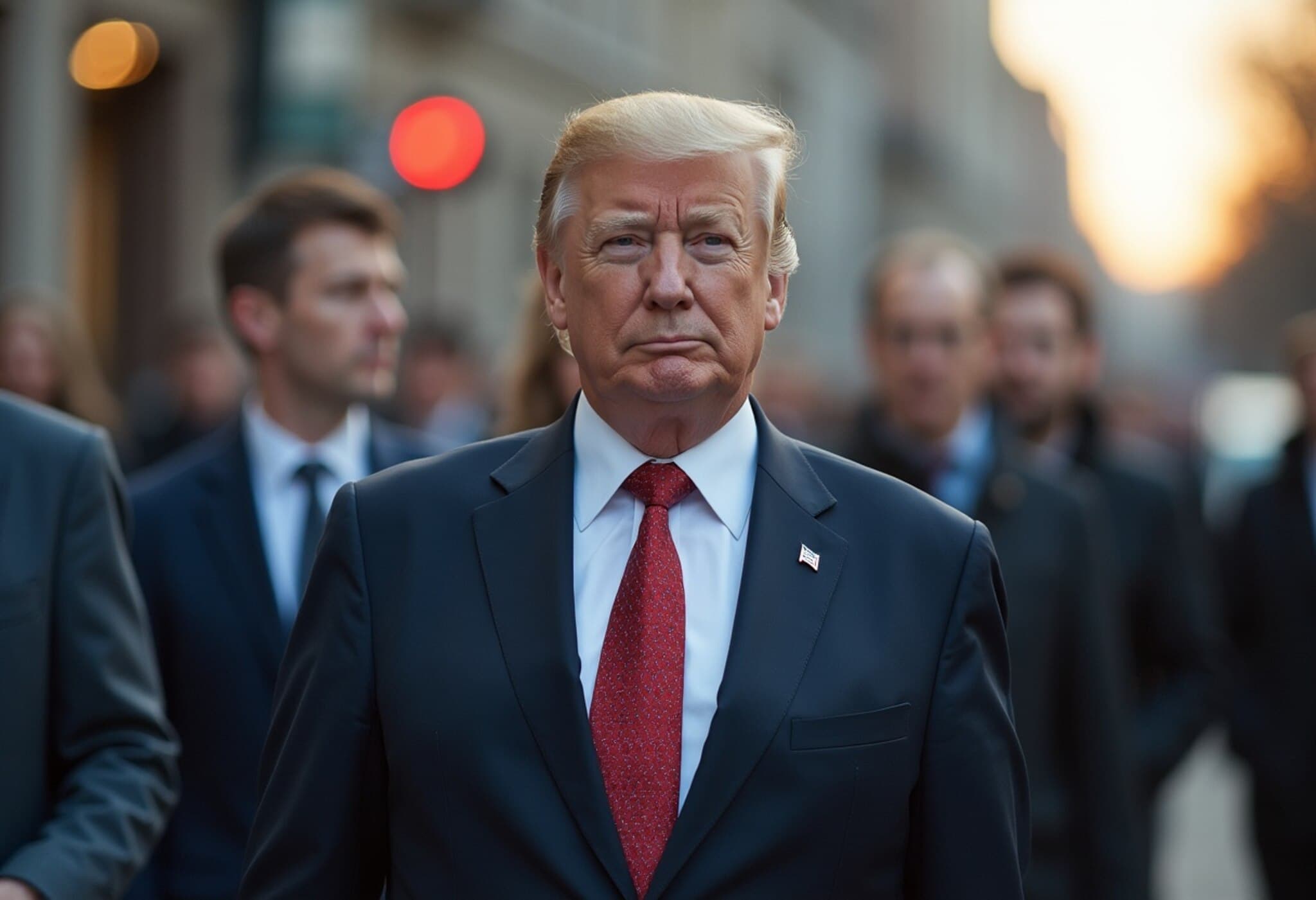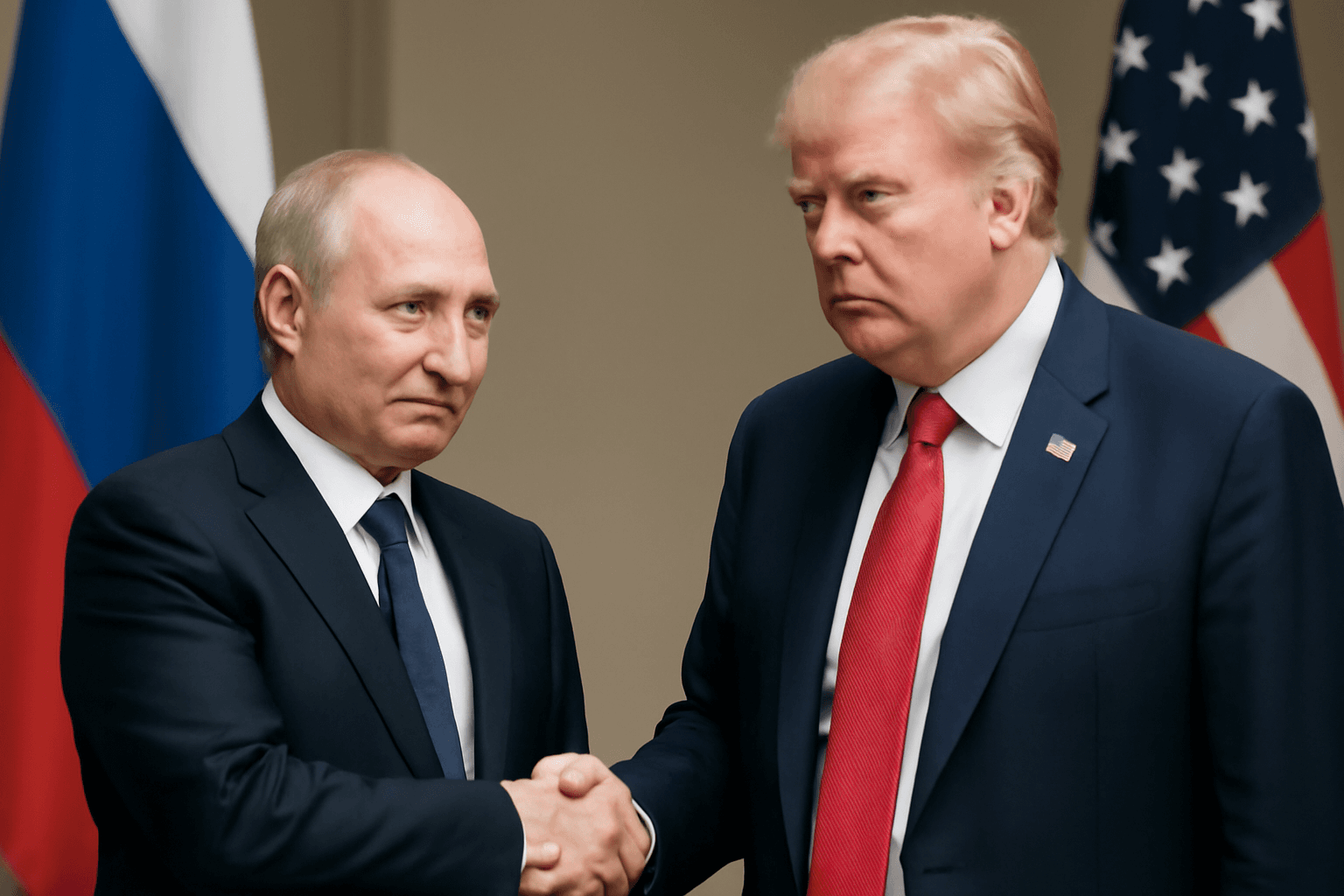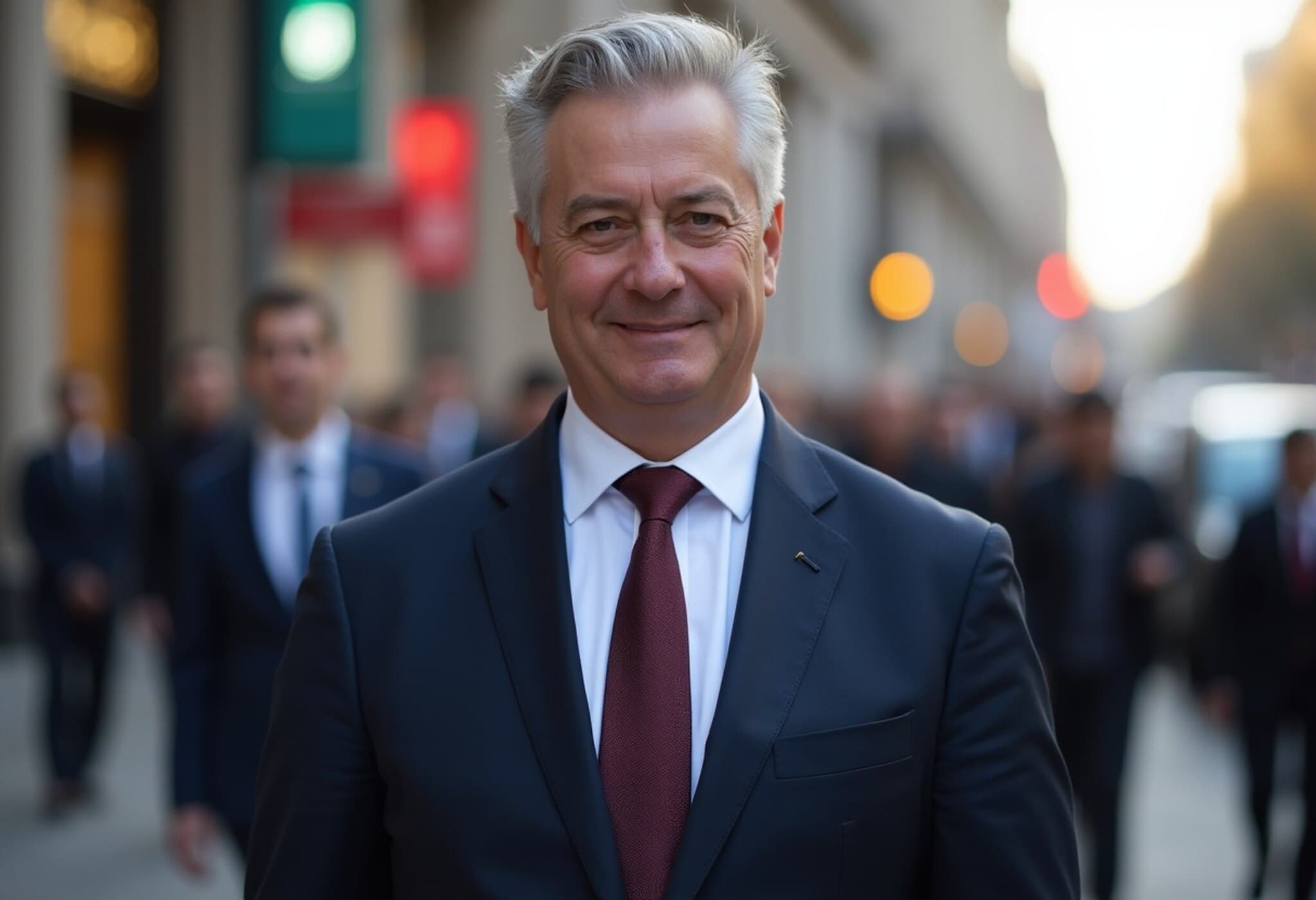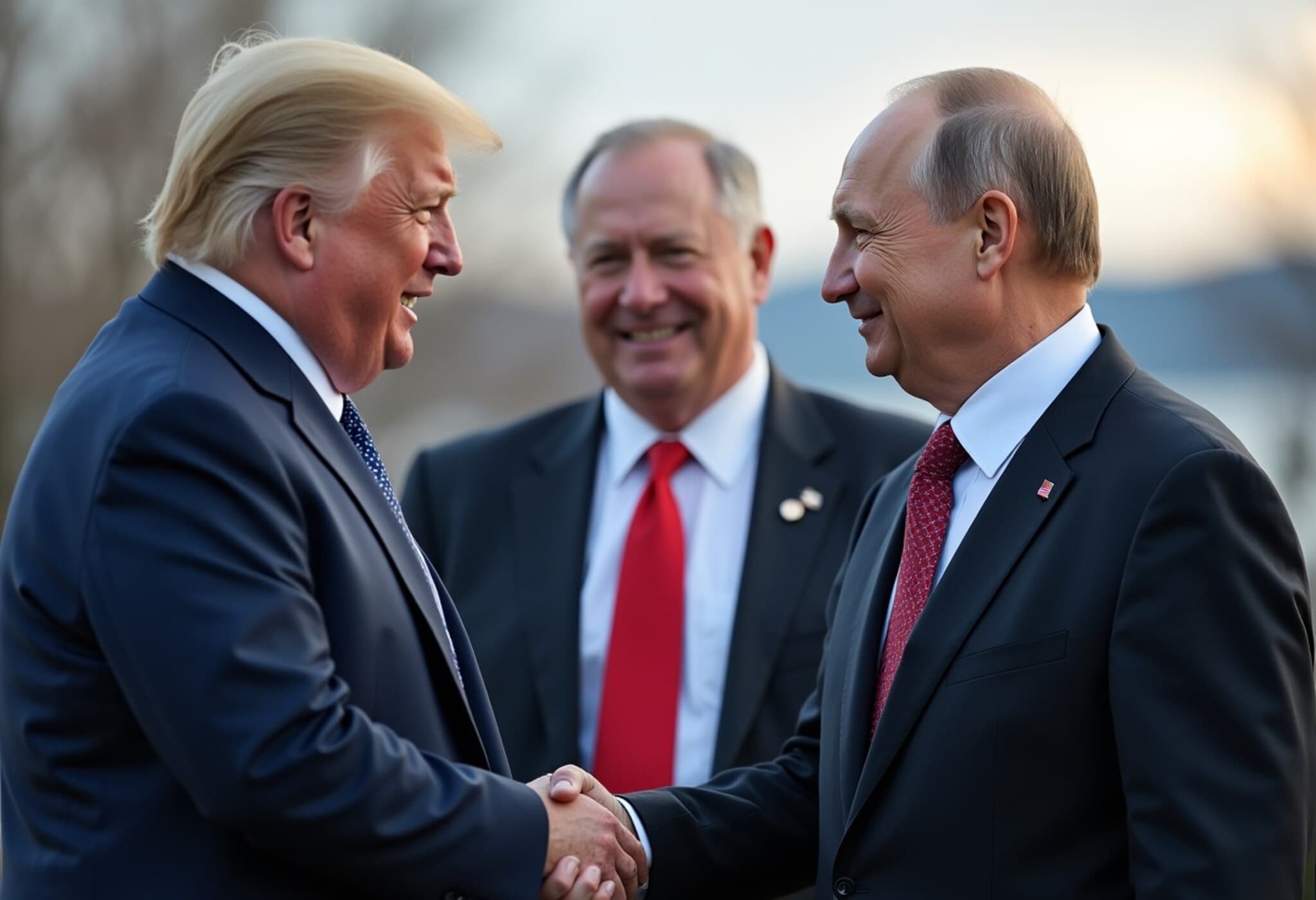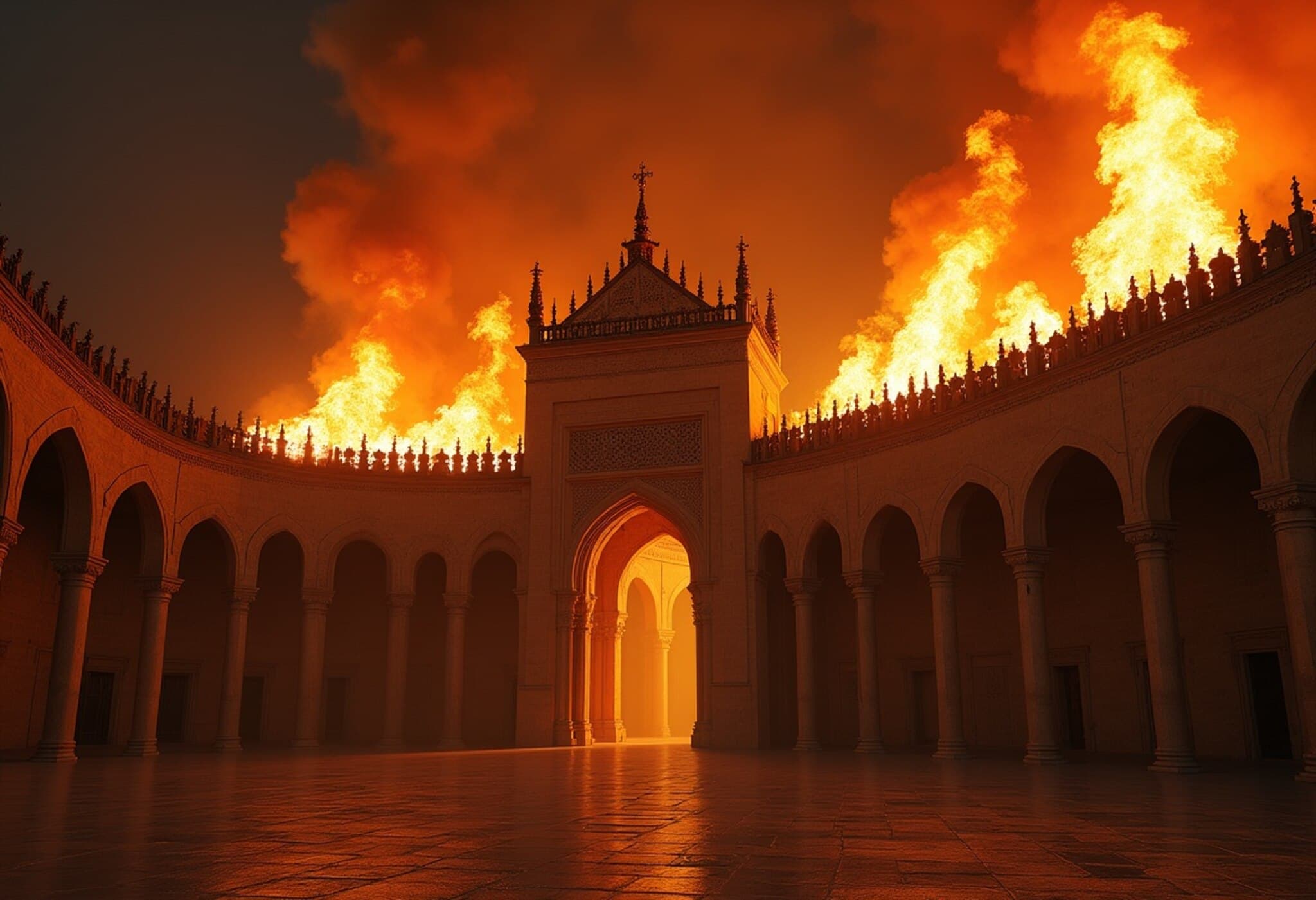Ukrainian President Zelenskyy Insists on Sovereignty Ahead of Trump-Putin Summit
In the lead-up to a high-stakes summit between US President Donald Trump and Russian President Vladimir Putin, Ukrainian President Volodymyr Zelenskyy has emphatically rejected any peace agreement that sidelines Kyiv or cedes Ukrainian territory. Speaking on August 9, 2025, Zelenskyy underscored that Ukraine’s territorial integrity is non-negotiable and that any lasting peace must include Ukraine’s direct involvement at the negotiating table.
Zelenskyy’s Unwavering Stance on Ukraine’s Sovereignty
In a statement shared on Telegram, Zelenskyy expressed profound skepticism about the upcoming Alaska meeting between the two world leaders: “Any solutions that are without Ukraine, are at the same time solutions against peace. They will not bring anything. These are dead solutions, they will never work.” He further vowed, “Ukrainians will not give their land to the occupier,” signaling a firm refusal to accept territorial concessions to Russia.
This declaration comes amid growing concerns in Kyiv and among its Western allies that a direct dialogue between Trump and Putin, excluding Ukrainian representatives, risks marginalizing Ukraine’s interests and undermining the sovereignty that international law guarantees.
The US-Russia Alaska Summit: Hopes and Reservations
President Trump officially announced plans to meet President Putin on August 15 in Alaska to discuss avenues for ending the protracted conflict in Ukraine. The move follows weeks of frustration in Washington over the ongoing war and perceived insufficient action to de-escalate tensions.
Russian Foreign Affairs Adviser Yuri Ushakov remarked that Alaska’s location near the Bering Strait made the summit “entirely logical.” However, the prospect of negotiations occurring without Ukraine’s presence has raised alarm in Kyiv and diplomatic circles.
Behind the Scenes: Ukraine’s Complex Diplomatic Position
While Zelenskyy’s public messaging is resolute, Ukrainian officials have privately indicated a pragmatic openness to peace settlements that recognize the harsh realities on the ground—including scenarios where regaining certain territories by force may be unlikely. This nuanced approach reflects the tension between defending sovereignty and seeking peace amid ongoing conflict.
Experts highlight this balancing act as emblematic of Ukraine’s broader geopolitical challenge: maintaining national integrity while engaging with powerful neighbors and allies whose strategic calculations may differ.
What’s at Stake for the Global Order?
- Territorial integrity and international law: Ukraine’s insistence on sovereignty challenges narratives that might normalize territorial changes achieved through force.
- Diplomatic inclusion: The emphasis on Ukraine’s voice underscores the principle that peace agreements should involve all parties directly affected.
- US-Russia power dynamics: The summit will test how much influence Washington and Moscow have over conflict resolution and regional stability.
As the world watches closely, Kyiv’s demands invite reflection on how peace is brokered in contemporary conflicts—whether excluded parties’ rights can be sidelined without jeopardizing durable solutions.
Editor’s Note
The upcoming Trump-Putin summit in Alaska symbolizes a critical juncture in Ukraine’s conflict, not just in military or diplomatic terms but in the broader context of international order and justice. Zelenskyy’s steadfast refusal to allow Ukraine’s interests to be negotiated behind closed doors challenges traditional power politics and raises profound questions about who has the legitimacy to shape peace. As negotiations unfold, attention must remain on ensuring that the voices of those directly impacted by war are not sidelined — a vital lesson for policymakers, analysts, and citizens alike.

